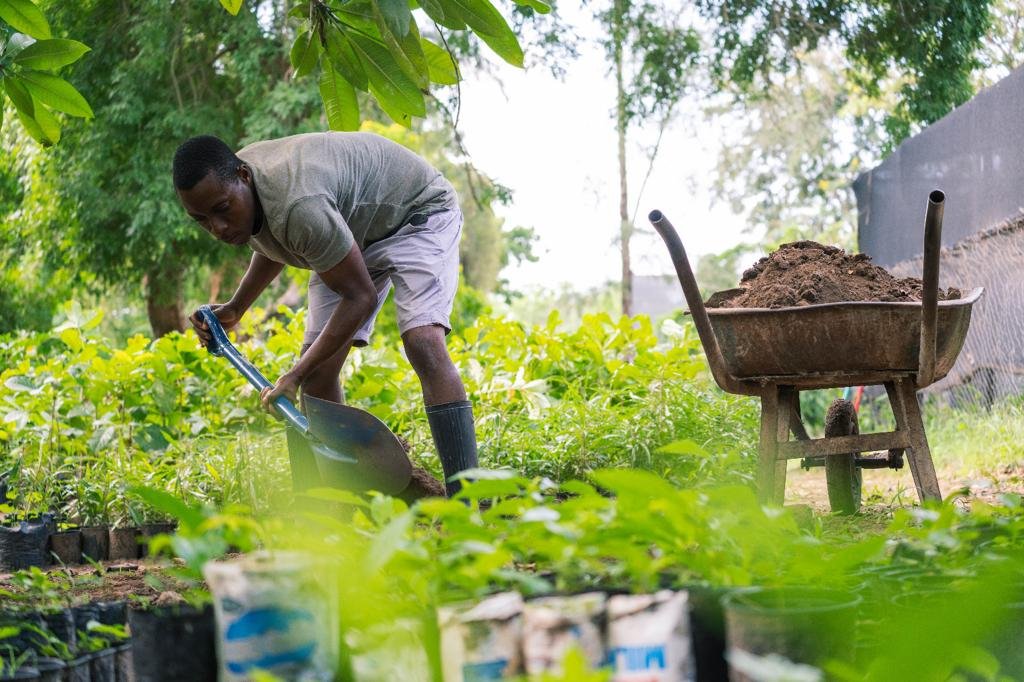Reimagining Policy: The Imperative for Environmental Policy in Shaping Green Economies
Can we create a society where we thrive economically and socially while also preserving our environment? The answer is a resounding "yes" with the implementation of a green economy. A green economy is a restorative balance that can help us tackle issues like poverty and poor health while mitigating climate change and promoting sustainable initiatives. How do we get there? It all starts with governments taking the lead in building transformative environmental policies that balance economic growth with ecological responsibility. The Paris Agreement and UN Climate Change Conferences already required progressive leaders to take on a renewed commitment to create profound social and economic schemes that support green initiatives.
Policymakers can shape green economies by subsidising businesses in circular economies. For example, by offering subsidies for those that produce biofertilizer from agricultural waste, governments can increase the supply of organic fertiliser, making it more affordable for farmers to transition away from dependence on chemical-based ones. This will make crops more nutritious for consumers and provide a better soil and yield for agronomy. Another approach governments can foster green economies is through the public sale of green bonds, made to finance climate-focused projects. These green bonds not only open more opportunities for people and institutions to earn through a fixed income but also create positive environmental and economic outcomes, such as green infrastructures and employment. Such investments encourage banks, corporations and individuals to fund green initiatives like sustainable built environment plans. Last but not the least, policymakers can integrate environmental studies in the national curriculum. Making environmental studies as a standalone subject in the national curriculum can directly raise awareness and equip future generations to make responsible choices for the ecosystem. Here at LEAF, we strive to instil sustainable practices that can create a more sustainable and equitable world for our younger generations. We recognize the gap in the educational system and until governments work to include this crucial subject area into the general curriculum, we have taken the challenge of sharing our knowledge and expertise in the field to bring communities a step closer to the idea of a green economy. One of LEAF’s exciting projects revolves around the Pwani Project, a collaboration with the Pwani University in Kenya, that provides students the necessary environmental education, research and training on conservation practices. Find out how you can contribute to educating our youth through the Pwani Project here.
Are you curious about your government’s effort to reimagine policy? Discover how your country ranks in the Global Green Economy Index (GGEI) here. Subsidising circular economies, selling green bonds, and integrating environmental studies are just some of the ways that governments can grow economies with the environment in mind. Overall, we all need to re-evaluate our understanding of what a good economy entails - read Redefining Prosperity: The Economic Potential of Regenerative Systems. Shifting our focus from the traditional model to one that balances economic, social, and environmental well-being can only be the moment we can truly identify what needs our attention and prioritise actions that will benefit both people and the planet.


